Intuition 101
Posted on May 18, 2010 by Debra Burdick
Have you ever had a ‘gut’ feel about something and found out later it was completely accurate? I have become fascinated by our ability to ‘know’ things without any real knowledge about them. Does this ability come from our brain or some way of ‘knowing’ that we don’t yet fully understand? Researchers are working to unravel this mystery.
 What is Intuition? There are many different definitions. It seems to be the direct perception of truth or fact that is independent of any reasoning process or previous knowledge. It is the ability to have a quick and accurate insight about something. Paul Bernstein, PhD published a study about intuition titled Intuition: What Science Says (So Far) About How And Why Intuition Works1. He defines intuition as: ‘the appearance in the mind of accurate information about the external world, which can be shown to have come not through the five senses, nor through a rearrangement of stored memory contents.
What is Intuition? There are many different definitions. It seems to be the direct perception of truth or fact that is independent of any reasoning process or previous knowledge. It is the ability to have a quick and accurate insight about something. Paul Bernstein, PhD published a study about intuition titled Intuition: What Science Says (So Far) About How And Why Intuition Works1. He defines intuition as: ‘the appearance in the mind of accurate information about the external world, which can be shown to have come not through the five senses, nor through a rearrangement of stored memory contents.
There are various ways intuition can guide us. Often intuition warns us of danger. We may get a ‘feeling’ about someone we just met or about something we are about to do, or about a decision we are trying to make. We get ‘information’ that we have no way of logically knowing. We just feel it or know it. It may show up as a physical sensation, perhaps a ‘gut feeling’. It can happen in a fraction of a second. And often it will be repeated until we ‘get it’.
A friend told me about following a truck on the highway and getting a sudden feeling that he should get out from behind the truck. He went around the truck and moments later, in his rear view mirror, saw something fall off the truck. It would have landed on his car if he had not been tuned in, trusted his intuitive knowing, and taken action.
We need to develop and learn to trust our intuition and make sure we are not reacting to something based on a previous experience.For example, if we had a traumatic experience on the school bus as a child, we may get a ‘feeling’ whenever we see a school bus that feels like a warning about buses. But this is not intuition. It is based on previous experience. This can lead to misinterpretation of our hunches.
Parents often use their intuition with their children. When we ask ourselves ‘what does my child need from me right now?’ the answer is often found by listening to our intuition. Parents often know intuitively when their child is in danger or hurt. They can ‘know’ when their child needs comforting or when to use compassion or humor versus consequences to help them learn appropriate behavior.
 Entrepreneurs develop their intuition to make the many business decisions they are faced with daily. They are repeatedly in the position of needing to plan and create products or services way in advance. Their intuition can help them ‘know’ which ideas are most likely to succeed. In fact intuition can often provide them with new, creative ideas to use in their business.
Entrepreneurs develop their intuition to make the many business decisions they are faced with daily. They are repeatedly in the position of needing to plan and create products or services way in advance. Their intuition can help them ‘know’ which ideas are most likely to succeed. In fact intuition can often provide them with new, creative ideas to use in their business.
In order to develop your intuition you must first make the decision to focus on it and study how it shows up for you. You must learn to understand the ‘language’ of how your intuition works. Intuition can come in the form of feelings, emotions, a knowing, and hunches. It may show up in the words you hear from others. It may use symbols to communicate with you. It may come through dreams.
Think about how your intuition works. Fantasize, visualize, use you imagination. Find a quiet place, clear your mind, and go inside yourself. Ask for answers to questions or decisions you need help with. Be patient. Feed your intuition the information you have about something you need help with and then let it simmer in your subconscious. Look for signs of the intuitive answers. Keep a daily journal of what you need answers for and what shows up during your day. Make sure to express gratitude when you get your answers. And keep a dream journal to help understand how your dreams are giving you guidance.
 Meditate to get more in touch with your intuition. By meditating, you calm your busy mind and allow your intuition to flow more easily. Meditation helps you and your rational mind get out of the way. Ask for answers or guidance and then be still and quiet and listen for what shows up.
Meditate to get more in touch with your intuition. By meditating, you calm your busy mind and allow your intuition to flow more easily. Meditation helps you and your rational mind get out of the way. Ask for answers or guidance and then be still and quiet and listen for what shows up.
Study your intuitions. Learn how your intuition works best. Pay attention to which ‘hunches’ were the most accurate. Figure out what areas your intuition works best for you and trust it when your experience has shown you it’s mostly likely to be accurate. For example, maybe you are always right about people, but not about which line to get in at the store.
Play with it. Have fun. You intuition is always operating whether or not you are tuned into it. You will be amazed to discover just how much you use it already.
1Paul Bernstein, Ph.D. ‘Intuition: What Science Says (So Far) About How And Why Intuition Works’, Endophysics, Time, Quantum and the Subjective, ed. by Rosolino Buccheri et al., World Scientific Publishing, Singapore, (c)2005.
I would love to hear your personal experiences with this topic.
Categories: Articles

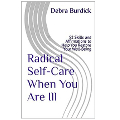
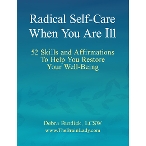
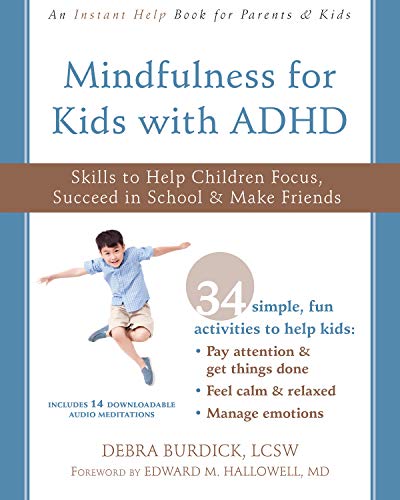
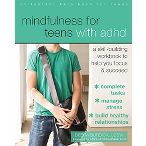
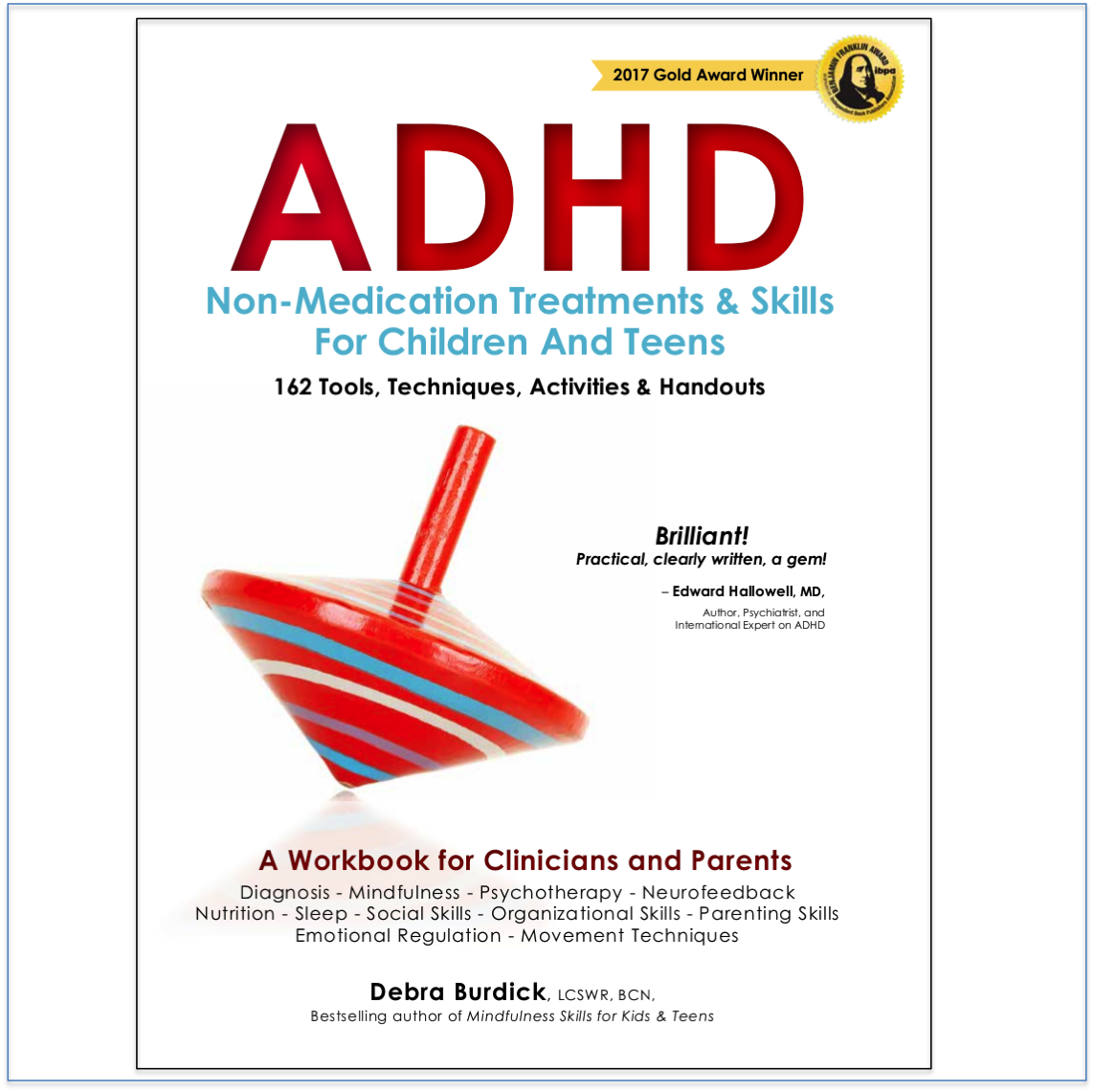
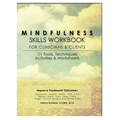
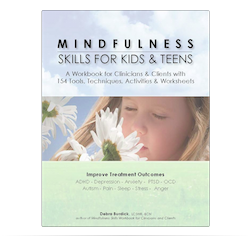
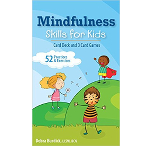
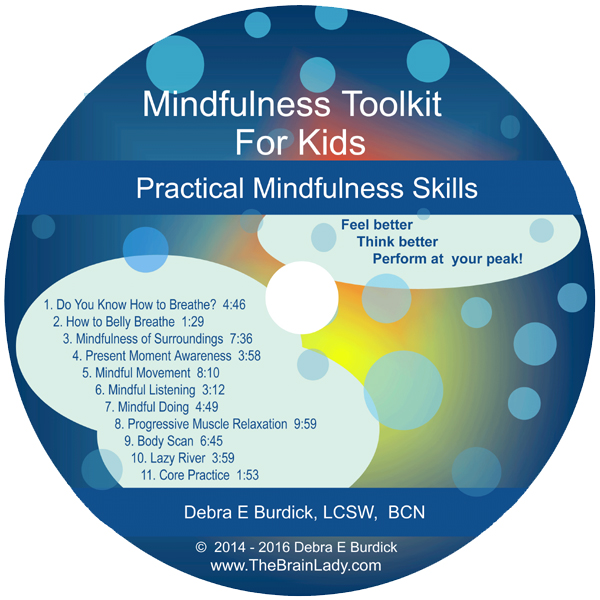
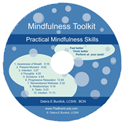
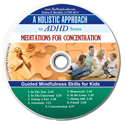
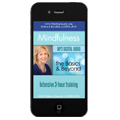
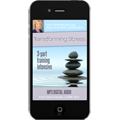
No comments yet. You should be kind and add one!
The comments are closed.